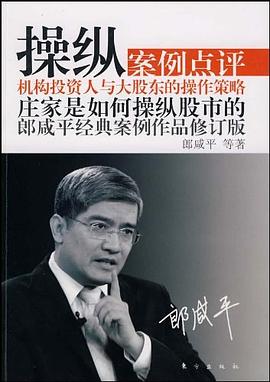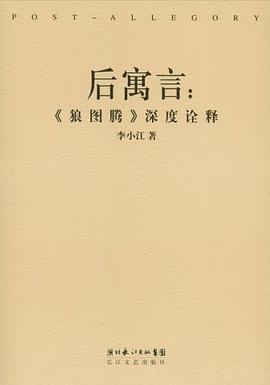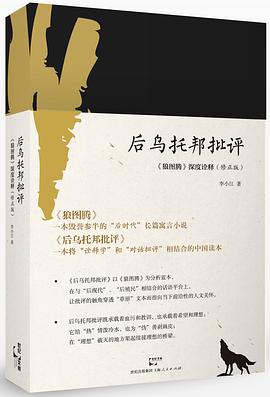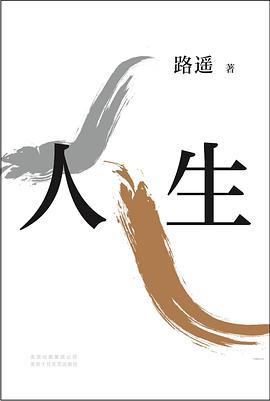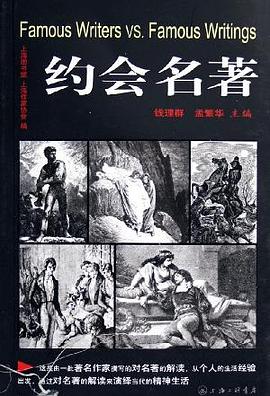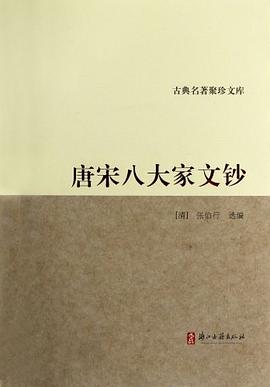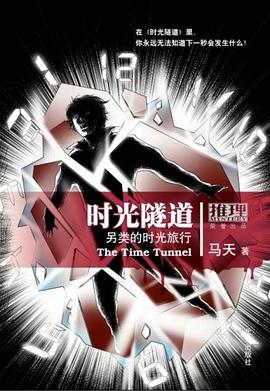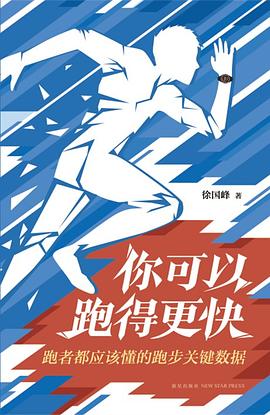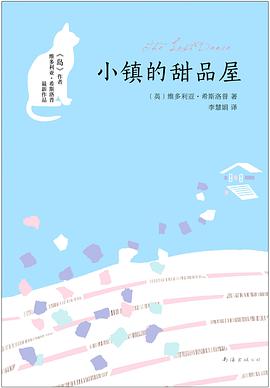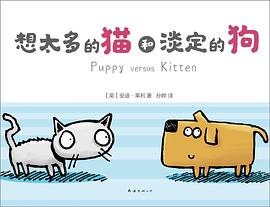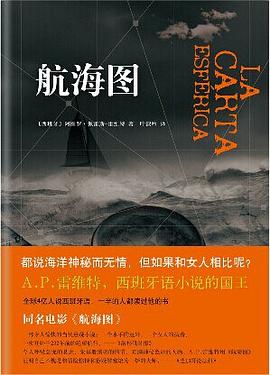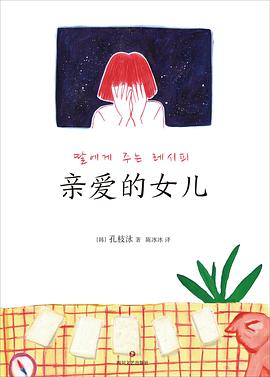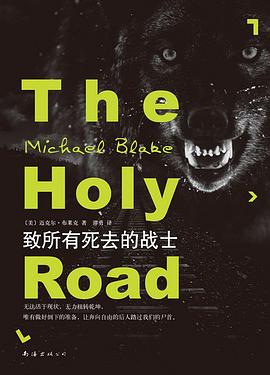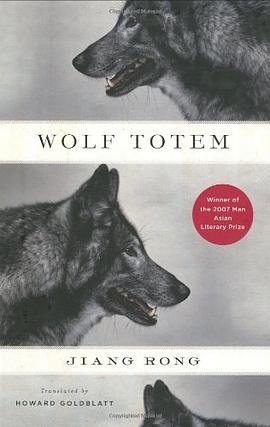

具體描述
An epic Chinese tale in the vein of The Last Emperor, Wolf Totem depicts the dying culture of the Mongols-the ancestors of the Mongol hordes who at one time terrorized the world-and the parallel extinction of the animal they believe to be sacred: the fierce and otherworldly Mongolian wolf
Published under a pen name, Wolf Totem was a phenomenon in China, breaking all sales records there and earning the distinction of being the second most read book after Mao's little red book. There has been much international excitement too-to date, rights have been sold in thirteen countries. Wolf Totem is set in 1960s China-the time of the Great Leap Forward, on the eve of the Cultural Revolution.
Searching for spirituality, Beijing intellectual Chen Zhen travels to the pristine grasslands of Inner Mongolia to live among the nomadic Mongols-a proud, brave, and ancient race of people who coexist in perfect harmony with their unspeakably beautiful but cruel natural surroundings. Their philosophy of maintaining a balance with nature is the ground stone of their religion, a kind of cult of the wolf.
The fierce wolves that haunt the steppes of the unforgiving grassland searching for food are locked with the nomads in a profoundly spiritual battle for survival-a life-and-death dance that has gone on between them for thousands of years. The Mongols believe that the wolf is a great and worthy foe that they are divinely instructed to contend with, but also to worship and to learn from. Chen's own encounters with the otherworldly wolves awake a latent primitive instinct in him, and his fascination with them blossoms into obsession, then reverence.
After many years, the peace is shattered with the arrival of Chen's kinfolk, Han Chinese, sent from the cities to bring modernity to the grasslands. They immediately launch a campaign to exterminate the wolves, sending the balance that has been maintained with religious dedication for thousands of years into a spiral leading to extinction-first the wolves, then the Mongol culture, finally the land. As a result of the eradication of the wolves, rats become a plague and wild sheep graze until the meadows turn to dust. Mongolian dust storms glide over Beijing, sometimes blocking out the moon.
Part period epic, part fable for modern days, Wolf Totem is a stinging social commentary on the dangers of China's overaccelerated economic growth as well as a fascinating immersion into the heart of Chinese culture.
著者簡介
薑戎,生於1946年,北京人。北京某大學研究人員。主業為政治經濟學,偏重政治學方麵。
作者1967年自願赴內濛古額侖草原插隊。1978年返城。1979年考入社科院研究生院。 其作品《狼圖騰》1971年起腹稿於內濛古锡盟東烏珠穆沁草原。1997年初稿於北京。2003年歲末定稿於北京。2004年4月齣版。
圖書目錄
讀後感
强忍着将这书丢进垃圾堆的恶毒想法看完了这本卖得很火而且两个以上的人向我推荐说这书相当不错的《狼图腾》,其间我采用了各种不同的阅读姿势让自己耐心地看完:有盘腿打坐式,有卧佛式,有马桶上的骑马蹲裆式,就差没有拿大顶了。为的是压制我心头不断涌起的疑问,这书写的是...
評分强忍着将这书丢进垃圾堆的恶毒想法看完了这本卖得很火而且两个以上的人向我推荐说这书相当不错的《狼图腾》,其间我采用了各种不同的阅读姿势让自己耐心地看完:有盘腿打坐式,有卧佛式,有马桶上的骑马蹲裆式,就差没有拿大顶了。为的是压制我心头不断涌起的疑问,这书写的是...
評分就我个人来说,虽然我对儒家学说一直抱有不小的好感和兴趣,但对于批判儒家的文章,也能心平气和地阅读。我同时还是对什么“国民性”一向嗤之以鼻的民族主义者,但是看到鲁迅谈论劣根性的文章也不会气得跳脚。只要是言论有其可取之处,逻辑上能够自洽,即便与我观点相左也无妨...
評分不管怎样说,看过书后,对我的触动是比较大的。我觉得很多场景的描述是比较有冲击力的,或许这一方面在与作者的文笔,另外更重要的是里面很大一部分都是作者的亲身经历。但比较别扭的是,作者每每在评论到汉族的农耕文化和蒙古的草原文化是,有点偏颇了。汉族的农耕文化,固然...
評分从小说的角度来看,我觉得《狼图腾》不算出色。这么说也许不大公平,作者姜戎也为我们描述了数十个“狼故事”,开篇的狼群打围黄羊群情节紧张激烈,狼群袭击马群的一段也让人惊心动魄,这些故事一个个看起来都很不错的。但通篇来说最大的问题就是“主题先行”——论点一早就已...
用戶評價
中文版的超級喜歡,英文版的就是太貴
评分我打算把這本書推薦給我未來的孩子看.受益非淺
评分終於讀完瞭最後100頁...一邊看一邊埋怨男主角,小狼就是被他害死的
评分中文版的超級喜歡,英文版的就是太貴
评分英語看得震撼,實用,感人
相關圖書
本站所有內容均為互聯網搜索引擎提供的公開搜索信息,本站不存儲任何數據與內容,任何內容與數據均與本站無關,如有需要請聯繫相關搜索引擎包括但不限於百度,google,bing,sogou 等
© 2025 book.quotespace.org All Rights Reserved. 小美書屋 版权所有


